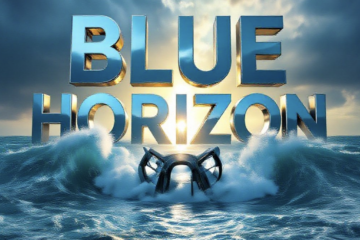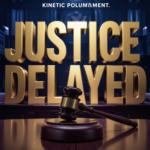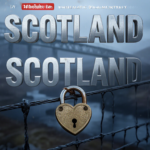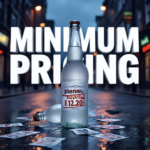The National Library of Scotland has received a stark legal warning for pulling a gender-critical book from its centenary exhibition after staff raised concerns. Human rights group Sex Matters claims this move breaks equality laws and could lead to thousands of claims costing millions.
This decision stems from complaints by the library’s LGBT staff network, who said the book, The Women Who Wouldn’t Wheesht, might cause harm and even spark hate crimes. The book, a collection of essays by feminists including JK Rowling, details fights against gender self-ID laws in Scotland.
Background of the Dispute
The controversy started when the library set up its Dear Library exhibition to mark 100 years. Visitors could nominate books that shaped Scotland, and The Women Who Wouldn’t Wheesht got enough votes to join.
But after internal pushback, leaders removed it. Staff argued its content was like hate speech, comparing it to racism. This sparked outcry from free speech advocates and gender-critical groups.
The book highlights women’s rights battles, focusing on events like Nicola Sturgeon’s gender reform push. It sold well, hitting bestseller lists since its May 2025 release.
Critics say the removal shows bias in public institutions. Supporters of the decision claim it protects staff well-being.

Legal Warnings and Potential Fallout
Sex Matters sent a letter this week, accusing the library of discrimination under the Equality Act 2010. They argue excluding the book harasses those with gender-critical beliefs, which courts protect as philosophical views.
The group warns of mass legal challenges if not fixed. Similar cases in the UK have cost public bodies dearly, like the Maya Forstater tribunal win in 2021.
Library bosses now face a choice: reinstate the book or risk court. Experts say payouts could reach millions if claims pile up.
One key point is the library’s public duty to stay neutral. Removing the book might breach that, opening doors to lawsuits.
- Possible legal outcomes include fines and forced policy changes.
- Precedents show courts side with free expression in such disputes.
- Sex Matters urges quick action to avoid escalation.
Reactions from Key Figures
Authors and activists quickly spoke out. JK Rowling, a contributor, called it censorship on social media, gaining massive support.
Feminist groups like For Women Scotland praised Sex Matters for stepping in. They see this as part of a wider pattern in Scotland, where gender-critical views face pushback.
Library staff defended the move, citing safety fears. But critics argue books don’t cause harm; ideas should be debated openly.
Politicians weighed in too. Some SNP members stayed quiet, while opposition figures demanded answers.
Public sentiment splits. Online polls show most Scots oppose book bans in libraries.
One author said the removal undermines the library’s role as a knowledge hub.
Broader Impact on Free Speech
This case highlights tensions in Scotland’s gender debates. Recent years saw heated fights over self-ID laws, blocked by UK courts in 2023.
Public bodies increasingly navigate staff complaints versus free expression. Similar rows hit other libraries, like hidden gender-critical books in England.
Experts warn this could chill open discussion. If libraries censor based on complaints, diverse views vanish.
Scotland’s arts scene feels the strain. Funding bodies faced backlash for anti-TERF guidance in 2024.
| Year | Key Event in Gender Debates |
|---|---|
| 2021 | Maya Forstater wins tribunal on gender-critical beliefs |
| 2023 | UK blocks Scotland’s gender reform bill |
| 2024 | Scottish literary network pulls discriminatory guidance |
| 2025 | National Library removes book from exhibition |
This table shows the timeline building to now.
What Happens Next
The library has not yet responded publicly to the letter. Insiders say internal reviews are underway.
Sex Matters plans further steps if ignored. This could include court action, drawing more attention.
Watchers predict ripple effects for other institutions. Libraries might rethink how they handle controversial books.
In the end, this tests Scotland’s commitment to free speech amid cultural clashes.
Share your thoughts in the comments below. Did the library go too far? Spread this story if it matters to you.


















